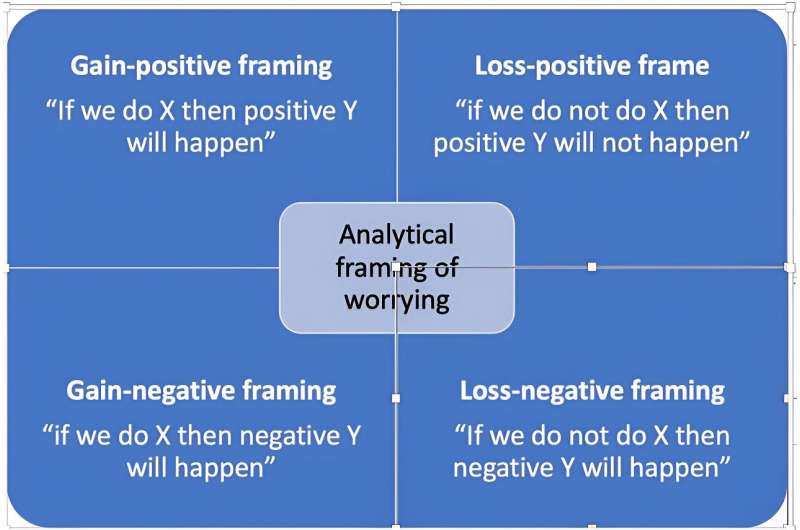This article has been reviewed according to Science X's editorial process and policies. Editors have highlighted the following attributes while ensuring the content's credibility:
fact-checked
trusted source
proofread
Study finds young children are worrying about water

Education experts Professor E Jayne White and Dr. Ngaroma Williams (Te Arawa | Ngāti Raukawa ki Wharepūhunga|Ngāti Awa) from Te Whare Wānanga o Waitaha | University of Canterbury (UC), with a wider team of researchers, studied children's representations of water in three early childhood education sites close to local waterscapes—an estuary, the ocean, and a river. They wanted to understand children's perspectives on what was happening to these waterscapes.
"We knew from research with older learners that many young people are worried about climate change. According to the United Nations, one in five youth feels unprepared for climate change and are asking for better education to grasp its complexity. But we didn't really know how very young learners felt, since no one had asked, until now," Professor White says.
"While the Sustainable Development Goals and Education for Sustainability guidelines are being implemented by teachers, there is not much research about whether this is causing our young children to worry about climate change, how they are worrying, and the consequences of such worrying.
"We have found that children were worrying a great deal about water; about the quality of drinking water, whether habitats were clean enough for fish and the power of water to create changes to coastal environments. Depending on how these worries were framed by their teachers, we found that responses ranged from children feeling burdened and overwhelmed by climate change or, conversely to activating their sense of agency about how they might respond."
Worrying in itself is not the problem, according to the researchers. "We see that worrying may even be necessary to inspire action for climate change. But this kind of response was heavily dependent on the mediating role of the teacher and, specifically, how they framed these issues in curriculum," Professor White says.
The study suggests the best approach is for teachers to create a communal sense of collective powerfulness (of 'we'), rather than imposing a set of sustainability rules to be followed. "We want to empower our tamariki to feel they can address the challenges that lie ahead, together. Solutions are found in relationships 'with' people, places and things, including water," Professor White says.
"Making connections with water through whakapapa Māori provides a positive frame for young children," Dr. Williams says. "In this project, learning about Atua was a common thread, as was Matariki. When children learn that water is the blood of Papatūānuku (Earth mother), they begin to see deeper layers of encounter and how these carry with them a sense of responsibility."
Researchers found that learning about Atua (Māori deities)—Papatūānuku, Ranginui and Tangaroa—can help young children process their worries by personifying nature, providing a foundation for children to see themselves as kaitiaki or guardians of waterscapes.
The study is part of an international project led by Western Norway University of Applied Sciences, but locally embedded in the unique cultural context of Aotearoa New Zealand, including Mātauranga Māori (Indigenous knowledge). Researchers across Norway, Tanzania and New Zealand spent four days at each early childhood education site, joining excursions to waterways where they walked alongside children, took photographs of their representations of water and gathered over 80 narratives for analysis.
Results from the New Zealand arm of the study were published as "Walking with children and water in ECEC: Exploring the framing effects of actions for climate change" in the International Journal of Early Childhood.
More information: E. Jayne White et al, Worrying with Children and Water in ECEC: Exploring the Pedagogical framing Effects of Actions for Climate Change, International Journal of Early Childhood (2024). DOI: 10.1007/s13158-024-00392-3
Provided by University of Canterbury





















